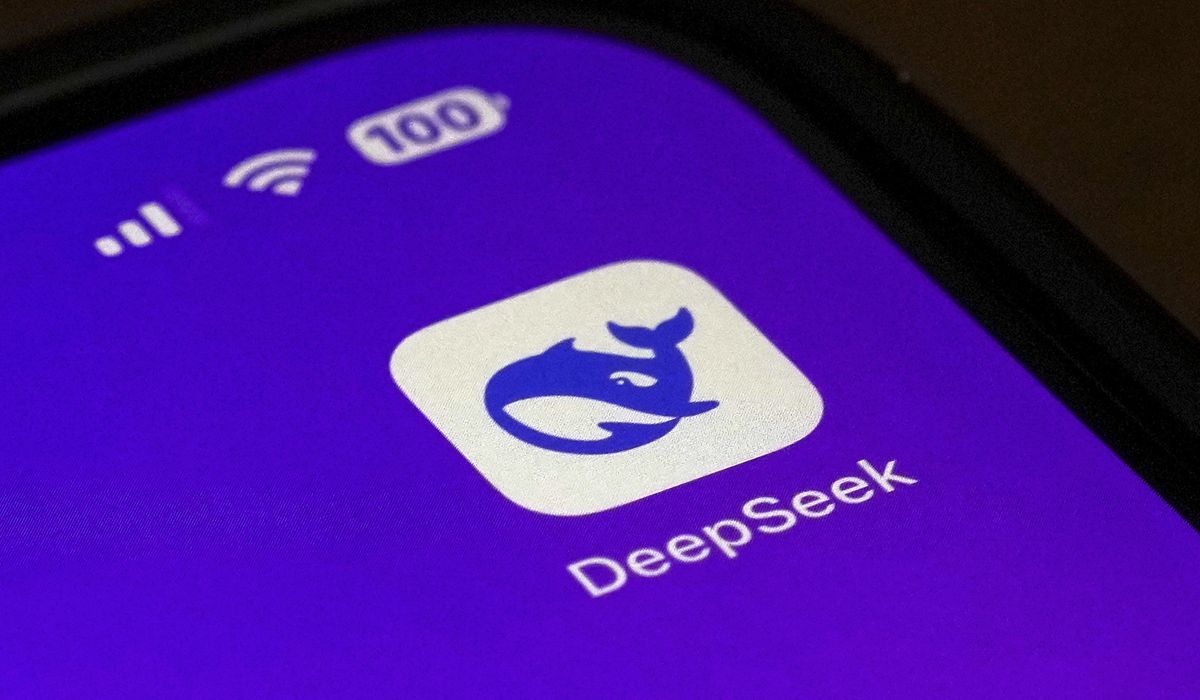


As China’s DeepSeek artificial intelligence app stunned both the stock market and the tech world this week, President Trump faces tough new questions over how the U.S. will compete with Beijing in the booming fields of AI and superconductor production.
Former diplomat and Aspen Strategy Group Executive Director Anja Manuel, in an interview this week with The Washington Times’ Threat Status, outlined Beijing’s growing clout as a high-tech power. While the U.S. doesn’t need to dominate every space, Ms. Manuel said, it is important for the U.S. to maintain its lead in superconductor production, AI and 5G telecommunications networks.
“Historically, the country that leads in technology leads the world. Roman roads, British steamships, Chinese gunpowder — that’s always been the case,” she said. “The United States and our friends and allies for the last several decades have been the uncontested leader technologically around the world. And now, China is incredibly innovative and they are rapidly catching up.”
Ms. Manuel said that the U.S. needs to fund domestic research to keep up with Chinese developments, adding that the Trump administration could add to the advancements made by the CHIPS and Science Act signed by President Biden in 2022.
“The part that got so much less attention was the $173 billion that was supposed to go into advanced government basic science R&D. That doesn’t have a lot of lobbyists for it, so the funding for that has gotten steadily lower,” Ms. Manuel said of computer chip law. “One of the best things I believe the Trump administration could do coming in is re-establish that funding.”
Ms. Manuel added that, for every dollar spent on basic R&D in the United States, the nation gets back $5 of societal value. That investment, she explained, could lay the groundwork for major advances in AI.
But Ms. Manuel cautioned the new administration against trying to copy China’s efforts to bankroll infrastructure efforts around the world through its “Belt and Road Initiative,” asserting that it would be impractical to try.
“We’re not going to compete,” she claimed. “We cannot put a trillion dollars in infrastructure around the world. And there are certain small parts of One Belt, One Road that just make the roads smoother, the railways run faster. That part is the least concerning. The part that is most concerning is exactly what [former U.S. Southern Command chief Gen.] Laura Richardson called out: dual-use port facilities, things that could suddenly become military even though they are billed as civilian.”
Ms. Manuel referenced Gen. Richardson’s remarks made last year at the Aspen Security Forum, when she cautioned regional leaders against blindly accepting Chinese investment in Latin America, claiming that many ports, surveillance infrastructure and rail networks built in countries like Peru and Panama could be used for military purposes.
One way the Trump administration could bolster U.S. superconductor dominance, Ms. Manuel explained, was to work with our allies worldwide by not upsetting the current economic ecosystem by bringing chip production to the U.S. That, however, would conflict with Mr. Trump’s stated goal of bringing manufacturing back to the U.S. from market leaders such as Taiwan.
Ultimately, Ms. Manuel said it would be preferable for the Trump administration to seek common ground with China, asserting that consistent and constructive conversations with Beijing are key to successful diplomacy.
“I do hope that the president talks to [Chinese President] Xi Jinping, early and often. That doesn’t mean we need to agree,” she said. “I do hope that he instructs his Cabinet to have constructive conversations with the Chinese, that doesn’t mean we have to kowtow or cave to what they want.”
However, Ms. Manuel added that U.S. officials should be wary of China’s AI development, citing possible security concerns that could intersect with AI.
“The Chinese, despite our best efforts, are really world-class at AI. The latest AI model that came out, DeepSeek, is virtually as good as our foundation models. Or in some areas even better,” she said. “So we have no choice but to make sure that we jointly, let AI run and let it be the amazing technology that it will be, let it help both of our economies and the economy of the world.”
“But there are certain areas where AI intersects with national security that can be extraordinarily dangerous, and we are and we should continue to talk to the Chinese about that,” she added.
• Vaughn Cockayne can be reached at vcockayne@washingtontimes.com.
